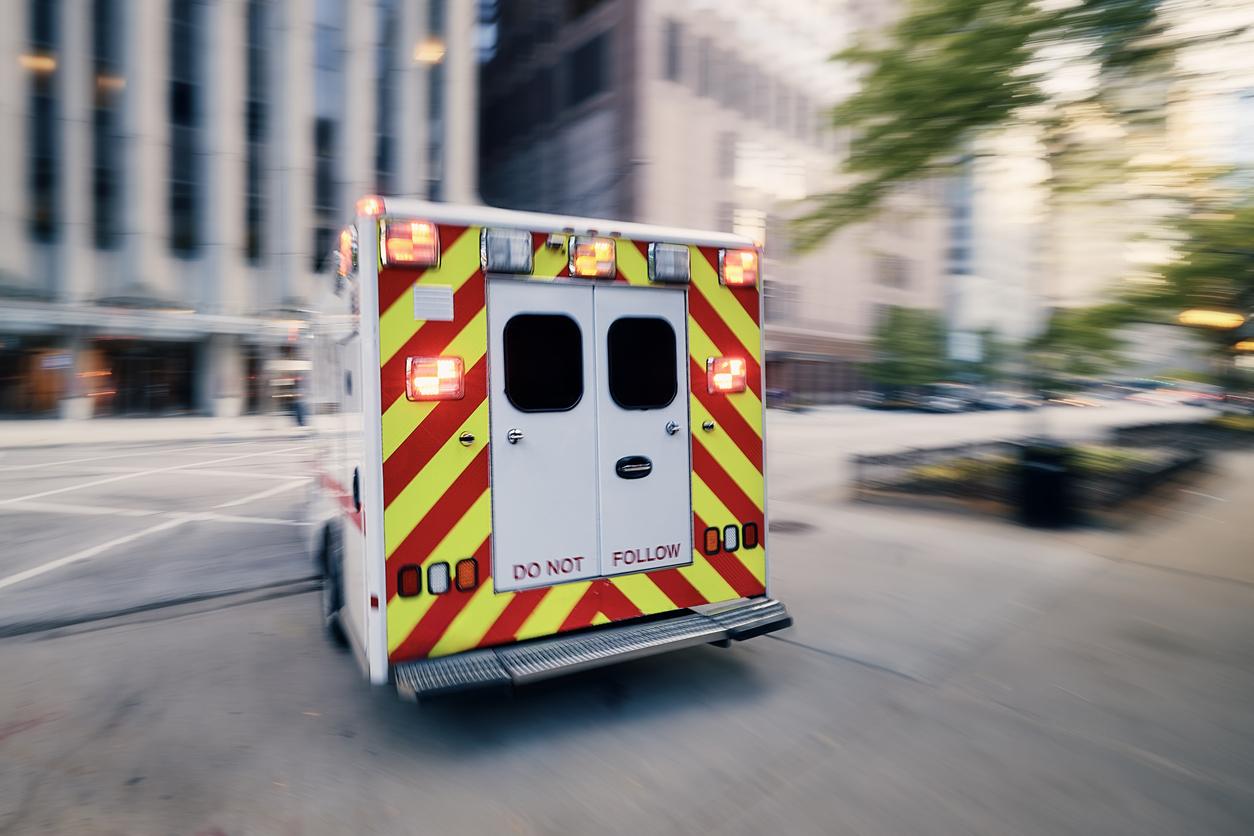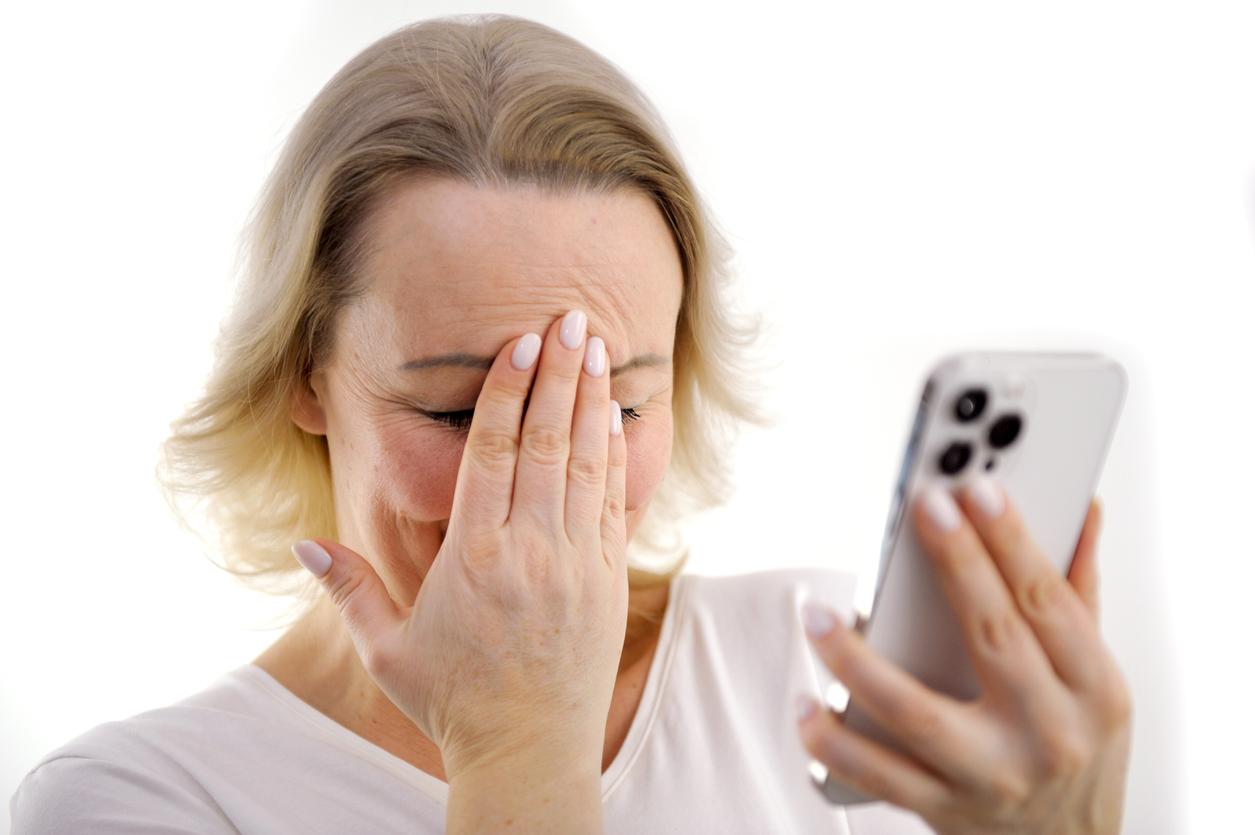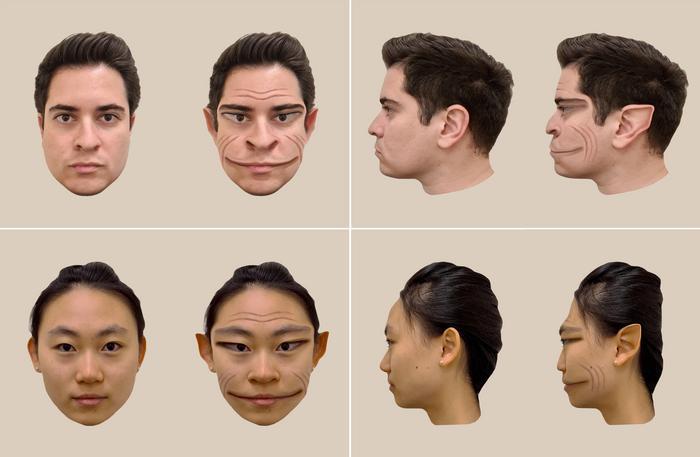
Why hospitals check people over 65 for frailty
Those who end up in hospital and are 65+ are asked questions such as: can you cycle, dress and wash yourself, do you use more than four medicines? Hospitals use this to measure how ‘vulnerable’ you are. What does this mean for the patient?
Can you cycle? Do your shopping independently? Have you been feeling down lately? Have you unintentionally lost a lot of weight in the past six months? Do you ever miss people around you? What rating do you give your physical fitness?
Almost all hospitals ask these kinds of questions to patients aged 65 or 70. They use it to determine how ‘vulnerable’ someone is. That raises questions. For example, whether you will still receive heavy treatment when you are old. Plus Magazine polled visitors to the website with the statement: ‘People over 70 often receive treatment too quickly’. Nearly two thousand people responded. The majority (84 percent) disagree with the statement. ‘I am a fit person of 78 years. Don’t think I wouldn’t get treatment just because I’m over 70,” writes one reader. Others point out the downside of heavy treatment in old age patients. ‘Look at what anesthesia causes in old people: a lot of misery. And what do you think it is like to rehabilitate? Not fun and often that doesn’t go well, simply because the energy is no longer there.’
No age limit
The Catharina Hospital in Eindhoven also submits such a questionnaire to patients. But it is not the case that people over 65 no longer receive heavy treatment because of their age, emphasizes clinical geriatrician Judith Wilmer of this hospital. “I really want to get that out of the way. It’s the other way around. In the past, doctors used an age limit for heavy treatments, but not anymore. Patients today receive heavy treatments – for example against cancer – or major heart operations until old age.”
But, unfortunately, not everyone can handle such a treatment. Wilmer: “It can cause damage. Chemotherapy can, for example, cause you to become dependent on care, end up in a nursing home or even die. This can happen to anyone, but it happens more often in patients who are older than 65 and who have multiple ailments.”
Marieke Schuurmans, professor of nursing science at Utrecht University and until recently professor of Elderly Care at Utrecht University of Applied Sciences, examines the question: which patients improve in the hospital and which are in decline? “The trick is to predict that,” she says. “Who will enjoy a new hip or heart valve for years to come – and who will be in need of assistance due to surgery or treatment?”
Age alone says little about the success rate of a treatment, according to Schuurmans. “The older you get, the more you differ from each other in health. Thirties look relatively much alike. Their hearts, lungs and knees are about equally healthy. But seventies differ enormously from each other. One person in his seventies is staying in a nursing home, the other is walking the Four Days Marches or going camping in France.”
If age means little, what does predict whether you will survive a procedure? Research has been done. Do you do the housework and shopping yourself? Do you have a partner or are there other people who can lend a hand? Do you regularly cycle? If so, then you have a better chance of a good recovery than someone who answers ‘no’. Schuurmans: “When you can cycle, you have a good heart-lung condition, you can keep an overview in traffic and you have good muscles. Cycling says a lot about your health, just like other daily activities.”
Provide extra care
Thanks to the questionnaires, both the patient and the doctor get a better picture of how the patient is doing as a whole, says Judith Wilmer. “This allows a better assessment of the pros and cons of different treatment options. And the risks. It is not always about whether or not to operate, but also about which operation, which form of anesthesia and which other treatments are most suitable for this patient. The patient and doctor then jointly decide whether a treatment will continue.”
If the screening shows that a patient is ‘vulnerable’, extra care can be provided. For example, by a dietician (for extra nutrition) or a physiotherapist (for exercises or fall prevention). That helps you get through the treatment better and run less risk of complications.
Faster recovery
But as a patient you can also ask yourself: do I want this treatment? Judith Wilmer: “The Catharina Hospital has a large heart department. We have many patients who have a Tavi heart valve placed through the groin. That is less strenuous than open heart surgery, but there are still risks. Patients older than 70 are therefore first given a consultation with the geriatrician. In this conversation, we consider what the risks are and which measures can help to minimize the risks.”
Be aware that the hospital is a risky environment, adds professor Marieke Schuurmans. Treatment can make you more dependent and so heavy that you die from it. Talk to your doctor about this beforehand and ask explicitly about the risks. What will my life look like if I undergo the treatment? And what if I don’t?
If you do opt for a major operation, prepare yourself as well as possible. “If you are on a waiting list, stay as active as possible,” advises clinical geriatrician Judith Wilmer. “I often see patients who rest when they are on a waiting list. But with that they lose muscle strength and their chance of a successful operation decreases. Keep moving, eat extra protein to keep your muscles in shape and, if necessary, visit the physiotherapist a few times beforehand to become more powerful.”
After discharge from hospital, the most difficult phase follows: recovery from the procedure. Keep doing everything yourself as much as possible, says Wilmer. Can you take a shower yourself? Then do so, if necessary while the nurse is on duty to help if necessary. “Unfortunately, nurses don’t always have time for this. But for recovery it is better to do everything yourself as soon as possible.” You can also recover in the geriatric rehabilitation department of a nursing home or in a care hotel. You can arrange this before the recording.
Questionnaire
Back to the hospital’s questionnaire about cycling, shopping and other daily activities. Based on these kinds of questions, how sure does the hospital know whether you can handle a treatment? Judith Wilmer acknowledges that there is not yet a questionnaire that predicts 100 percent whether someone will survive an operation. “But we can estimate it with 80 percent certainty. The hospital often focuses on one problem, for example a hip that is being replaced or the kidneys that receive dialysis. The questionnaire reminds doctors and nurses to look at the whole person. Especially in old age, there are often several health problems that require attention.”
Questions that hospitals ask people over 65:
- Can you do your shopping independently?
- Can you go to the toilet completely independently?
- What rating do you give your physical fitness?
- Have you lost a lot of weight in the past six months without wanting to?
- Have you been feeling down or down lately?
- Are you currently taking four or more different medications?
- Do you ever miss people around you?
This article previously appeared in Plus Magazine November 2018. Not yet a Plus Magazine subscriber? Becoming a subscriber is done in no time!
Sources):
- Plus Magazine

















